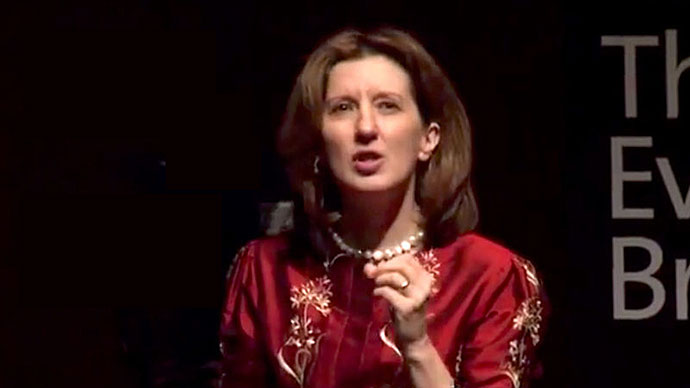Selected Communications
Video
The Founders Day lectureship was established in 1979 to recognize and honor the University of Arizona's College of Medicine-Tucson faculty for their scientific accomplishments. Each year, faculty members select a peer whose research has a continuous thread of significance and who can effectively present that research with enthusiasm, vigor and inspiration. The 2023 honoree chosen was Katalin Gothard, MD, PhD, professor of physiology, neurology, and neuroscience.
Founders Day Introduction for Dr. Katalin Gothard
Dr. Gothard was introduced by her current graduate students, Michael Cardenas and Archer Bowman, who value their mentor for her earnestly candid instruction in neurophysiology. For her Founders Day lecture, Dr. Gothard presented a culmination of her recent work in a talk titled “A journey to the center of the emotional brain.”
Video
In NeURoscience Perspectives, John J. Foxe, PhD, the Director of the Del Monte Institute for Neuroscience at the University of Rochester, picks the brains of world-renowned neuroscientists.
In this episode, Dr. Foxe sits down with Katalin Gothard, MD, PhD, a professor of Physiology and Neuroscience at the University of Arizona. Dr. Gothard's lab studies the neural basis of emotion and social behavior. Originally, from Romania Dr. Gothard worked in the orphanages while she trained to be a physician. Today, her research mostly focuses on touch, and what she experienced with those children early in her career is never far from her mind. Don't miss her incredible story.
Video
The Mind-Body Dialogue: Part 5 of the 2019 #UAScience lecture series #SearchingForCertainty We rarely hear people say that they are not thinking straight because their kidney or liver is not in good working condition. The brain is always blamed for our mental failures because we believe that our thoughts and feelings arise exclusively from the brain and the rest of our body simply stands by.
Article
College of Medicine Tucson — UA Physiology Researcher Receives $2.1M Grant to Study How the Brain Processes Emotion and Social Touch.
A welcoming hug. An unwelcomed hug. A soothing caress. A repulsive caress. How can social touch go from being a pleasurable experience to offensive? New research by Katalin Gothard, MD, PhD, on the brain’s role in determining emotional responses to touch could lead to a better understanding of social and mental disorders.
Video
The Magic of Emotional Touch: Touch is essential for communicating our emotions. Indeed our earliest socio-emotional experience may be the protective embrace of a parent. Humans and non-human primates use touch to build and maintain bonds throughout life, yet little is known about how the brain extracts the emotional content of social touch.
Video

The Evolving Brain: Katalin M. Gothard, MD, PhD, Associate Professor of Physiology, Neurobiology, and the Evelyn F. McKnight Brain Institute The human brain retains ancestral neural circuits that support behaviors geared toward satisfying basic biological needs. Superimposed on these core circuits are newly evolved structures that specialize in complex computations. 2014 UA Science Lecture Series. Video unavailable.
Video
Cayo compilation for public lecture